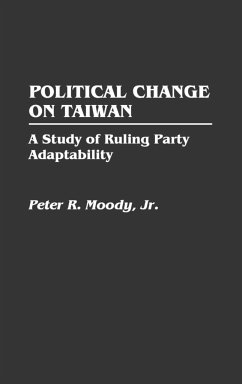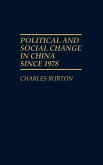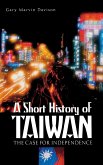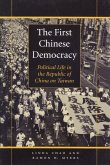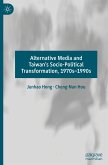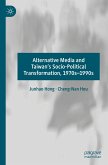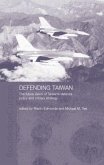This volume surveys recent Taiwanese politics, mainly from the perspective of the ruling KMT party. It includes analysis of recent changes in the party itself and also in the relations between the party, the opposition, and society generally. Also included is simple statistical analysis of rank-and-file KMT activists and of the 1989 national elections. The work's theoretical center is the question of democratization, with an attempt to explore an anomaly: the KMT is, apparently, an example of a ruling hegemonic party that has undertaken a genuine liberalization, instituting changes that would put its rule at risk. The general theoretical issue must be seen in the context of the specific Taiwan situation, and the work analyzes the complications this engenders. Democratization in particular has implications for the future relations between mainlanders and Taiwanese (particularly, can the KMT retain its integrity as a cohesive party if it becomes a Taiwanese-dominated political organization operating on Taiwan alone?), and the potential contradiction between a democratic Taiwan and the future unification of China. This volume will be essential reading for political scientists, students and scholars involved in the study of Taiwan as well as mainland China.
Hinweis: Dieser Artikel kann nur an eine deutsche Lieferadresse ausgeliefert werden.
Hinweis: Dieser Artikel kann nur an eine deutsche Lieferadresse ausgeliefert werden.

